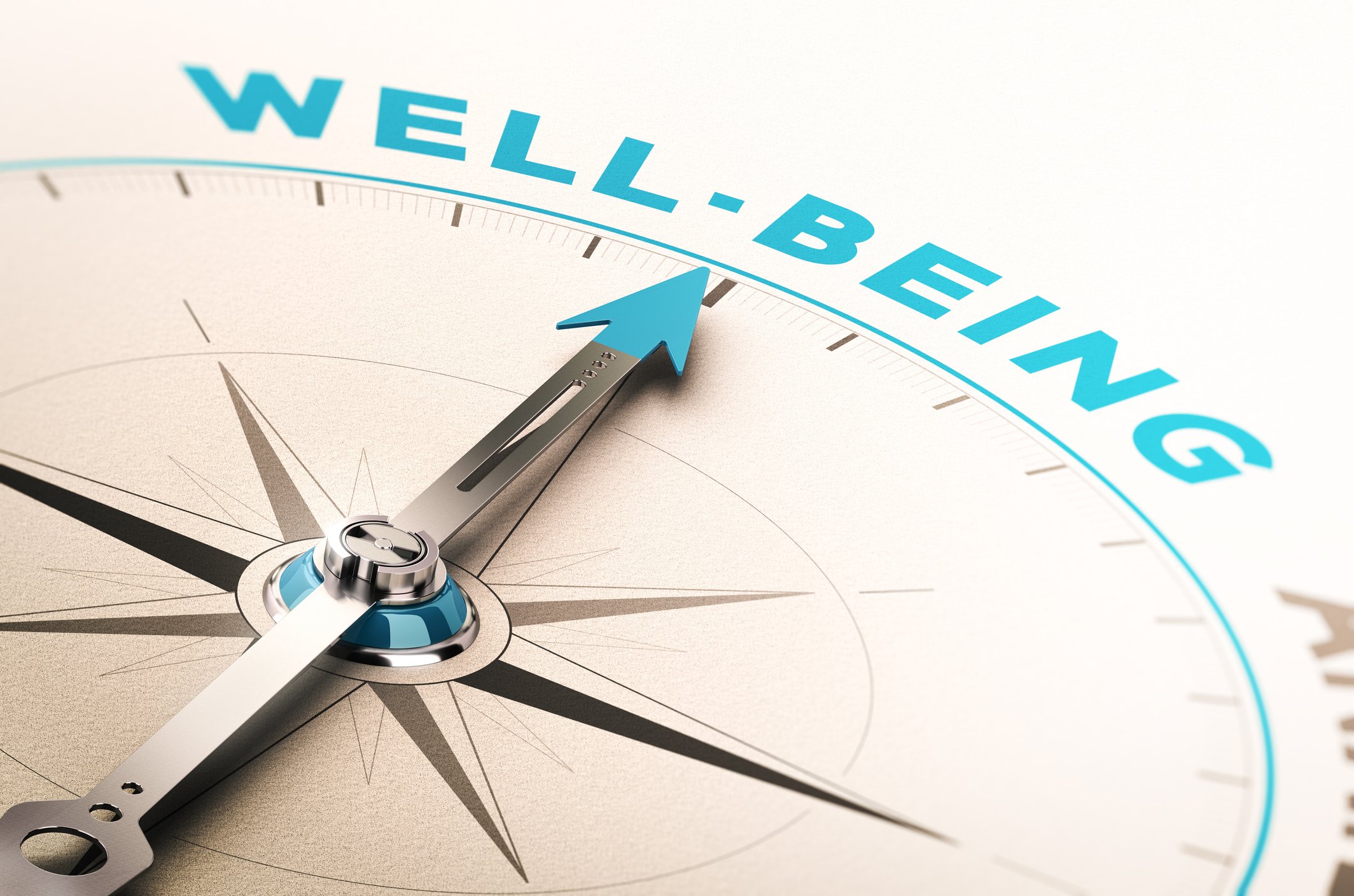
Children who have experienced domestic abuse often suffer from a range of mental health issues, including anxiety, depression, post-traumatic stress disorder (PTSD), behavioural problems.
These children also struggle with trust issues, have difficulty forming attachments and with school and social relationships, and struggle with self-esteem and self-worth.
Domestic abuse can also affect children's physical health, including causing sleep disturbances, eating problems and increased susceptibility to illness
Kids in Mind
The Need
According to the Birmingham Crisis Centre, around 50% of refuge children have personally suffered abuse, mainly sexual, of which 70% are at the hands of their father. The children that have been sexually abused have the highest rate of suicide, excluded from school and runaways out of any group in the UK. These are broken children, and the statistics are shocking. Without intervention only 26% do not turn to drugs and crime by the age of 18 but with proper intervention 86% do not! The initial stage intervention was carried out by the Refuge Children’s Support Worker. Unfortunately, over the last 15 years the number of refuges with a Children’s Support Worker has reduced dramatically. A recent survey revealed that only around 30% of refuges have a dedicated children’s worker.
Research Results
Children who have suffered severe trauma will often subconsciously lose trust in adults and their stress levels (cortisol) will quickly rise even in quite benign situations. Children in refuge tend to suffer more as many of their mothers are emotionally drained themselves and cannot give the emotional support so desperately needed by the child.
Research shows that a Comfort Bear (and button) is effective in supporting children with trauma to make them feel safe and secure. Particularly for children whose family structure is unable to provide positive emotional welfare.
Children with trauma find it difficult to regulate their emotions and practitioners recommend using comfort bears and/or a button as a strategy to help calm children’s bodies and then they can use the strategies taught in wellbeing sessions to better calm their mind and emotions. Traumatised children in times of stress have a rush of cortisol to prepare for threats and the Comfort Bear will, with wellbeing training, reduce the body’s response and thus reduce the cortisol.
Wellbeing Programme
Kids in Mind provide UK refuges, who do not have a Child Support Worker, with wellbeing and mental health sessions. Furthermore, mothers are going to be encouraged to attend the follow-up play, art, and music therapy sessions to give them the opportunity to provide the much-needed emotional needs of the child.
The start of the first session will only involve the child, it will be conducted in a safe environment within the refuge and the Comfort Bear and button will be given to the child. The child will be taught breathing exercises, yoga and other wellbeing exercises and taught to associate these with holding the bear or if they have been unable to take the bear with them (e.g., school) then the button is used as a substitute. The further importance of the Comfort Bear to a refuge child is that the bear in bed at night relieves the feeling of loneliness and anxiety – especially if the mother is emotionally drained.
Follow up sessions will either be play, art, or music therapy sessions where the mother will be invited and encouraged to praise their child (no matter what!). A child who attends more than one session will receive a reward such as a toy. All sessions will include play therapy at some point as it is vital that the child has fun.
Our wellbeing practitioners are trained in the non-verbal signs of abuse and to recognise and handle the fight, flight, or freeze reactions.
Children will be subconsciously reminded of the wellbeing regulation strategies that are taught when they hold the Comfort Bear or the button which will take them back to the safe place and safe person that gave it to them. Importantly, reducing their cortisol levels. All the wellbeing and therapy sessions will be focused on boosting the child’s resilience and thus wellbeing and mental health.
Mental Health
The wellbeing provider will be able, in consultation with refuge staff and the mother, to recommend one on one mental health support by a professional psychologist who will be able to refer the child for additional support. Due to cost, this service will unfortunately be restricted to those identified as having the greatest needs, e.g., having an eating disorder or evidence of suicidal tendencies.
Background.
Kids in Mind is a new charity, established by Philip Gower, Gordon Moulds and Julian Margolin specifically to provide wellbeing and mental health support to children that have escaped serious domestic violence and found sanctuary in a Women’s refuge. Currently there are around 450 staffed Women’s Refuges in the UK with a pre-pandemic average of over 20000 children and their mothers passing through every year.
As KidsOut CEO, Gordon spent the last 7 years researching how best to treat children who have suffered serious trauma - specifically as a result of serious Domestic Violence. Gordon and Julian, such was their passion to support the ‘greatest needs’ children, elected to step down from KidsOut and work for Kids in Mind as full-time volunteers.
